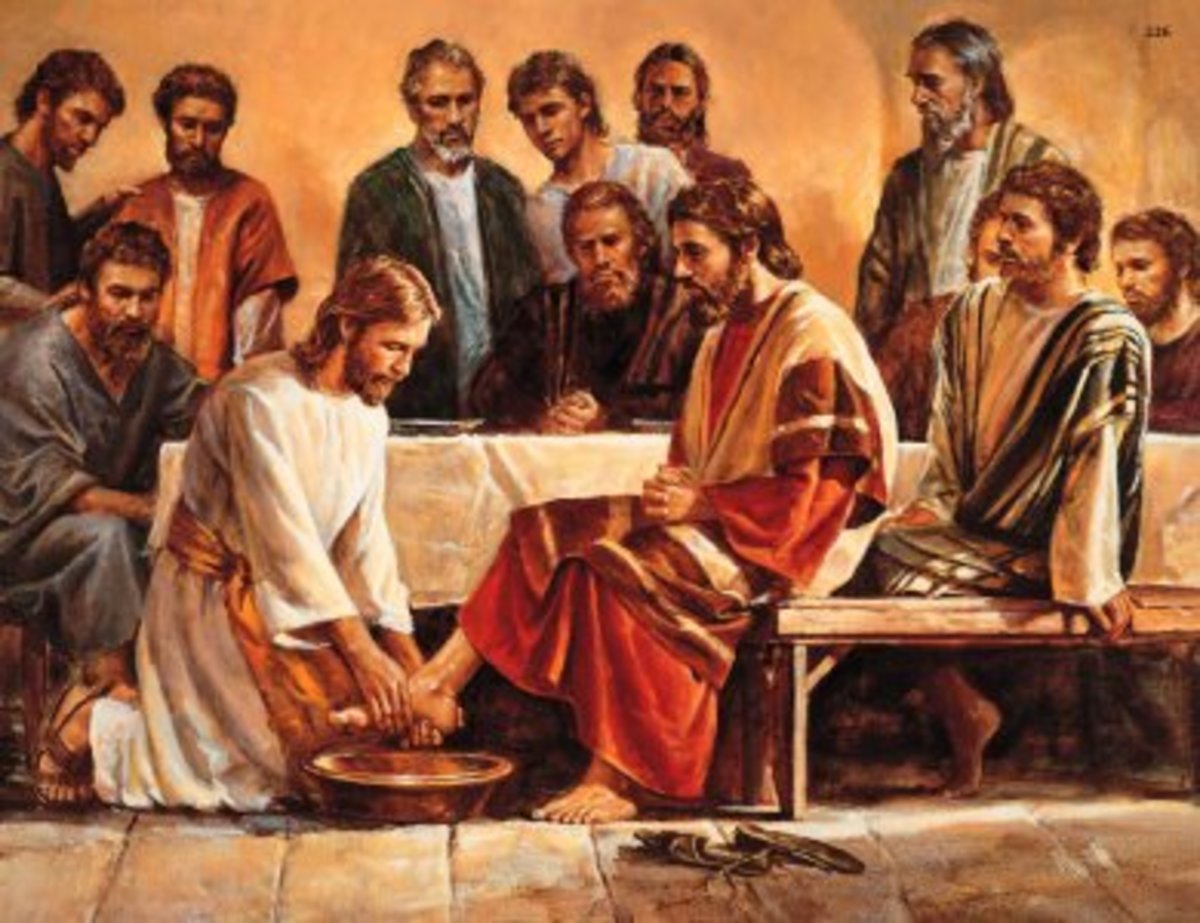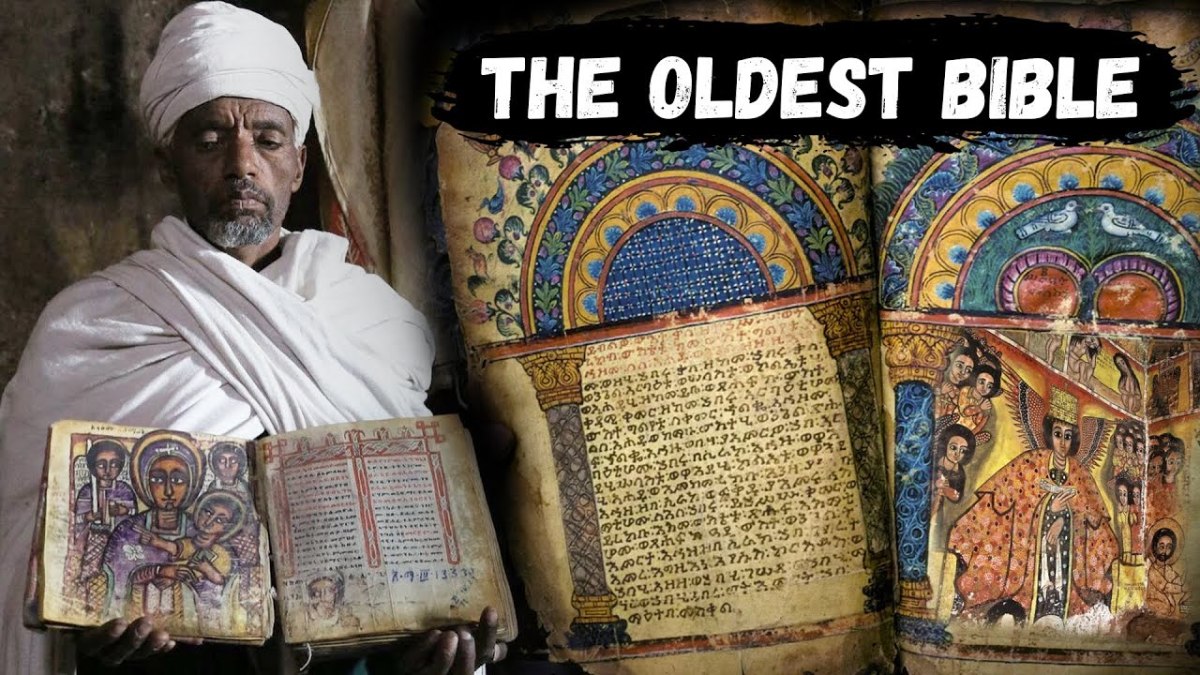Bible: What Does 1 Corinthians 1 Teach Us About the Gospel of Christ?
The Apostle Paul

The Issues in Corinth
First Epistle to the Corinthians
Paul: A Called Apostle
As Paul opens his first epistle to the Corinthian church, he humbly greets them, designating himself an apostle, a called sent-one of Christ “through the will of God,” and mentions that he is staying with his brother in Christ, Sosthenes, perhaps a synagogue ruler in Corinth (v. 1; see Acts 18:17; Ryrie, New Testament Study Bible, 289).
Comment: Paul asserts that God willed him to be an apostle; some so-called “super-apostles” in Corinth hotly disputed this assertion in the second letter to this church.
He addresses them in three ways: as “the church of God,” as people set apart “in Christ Jesus” for His use, and as “called saints.”
They share this position with all others who have trusted in the Lord Jesus as their Savior (v. 2). Perhaps Paul presents these truths to encourage this church noted for its manifold spiritual problems.
Paul prays that the Father and the Son would shower them with grace and peace (v. 3).
The apostle acknowledges his gratefulness to God for pouring His grace upon them through the work of Christ on their behalf, abundantly supplying them with spiritual gifts with which to serve God as they awaited the Lord’s coming for His Church (that is, the Rapture) [vv. 4-7].
Christ promises to substantiate their blamelessness on that Day—a standing possible only through the faithfulness of the God who called them to share in His kingdom (vv. 8-9).
Having established the believers’ security in Christ, Paul now addresses several specific issues on which the Corinthians needed further exhortation and instruction: sectarianism (chapters 1-3); sexual immorality (chapter 5); lawsuits (chapter 6); marriage (chapter 7); liberty (chapter 8); communion (chapter 11); spiritual gifts, especially tongues (chapters 12-14); and the resurrection (chapter 15).
Problem #1--Sectarianism
The apostle construes the first problem—sectarianism—as a major cause of church disunity.
After learning from members of Chloe’s household that different members are embroiled in quarrels, Paul strongly urges them all to formulate a uniform testimony: settle the different squabbles various factions are having over personalities, and arrive at a consensus on church matters (vv. 10-11).
At least four separate parties have arisen, labeling themselves with the name of a specific leader for an undisclosed reason, and have drawn away disciples to themselves (v. 12).
Ryrie provides sound reasons that possibly explain why they separated into groups (New Testament Study Bible, 90).
Aiming to restore unity under the authority of Christ alone, Paul argues rhetorically, seeking to remind the Corinthians that Jesus is the Lord and Savior of the Church, not he (v. 13).
He delineates his own limited baptizing activity (Crispus, Gaius, and the household of Stephanas) to demonstrate that he did not baptize anyone in his name (vv. 14-16).
The Gospel

Important Words
view quiz statisticsThe Cross of Christ

The Gospel: Do You Believe?
Do you believe the gospel of Christ?
Paul's Commission: Preach the Gospel
The apostle then sets before his readers what Christ specifically commissioned him to do: preach the gospel.
Immersing thousands is not Paul’s job; presenting the cross of Christ to people in a simple, straightforward fashion is.
He notes that he did not preach with oratorical flair or erudite language, but allowed the gospel message regarding the sacrificial death of Christ to create its own full and proper impact (v. 17).
Verses 18-25 expand upon the two opposite responses to the “cross” message: those who are dying spiritually reject it as foolish, but those who are being saved receive it as an expression of the power of God (v. 18).
Paul supports the first part of this statement by citing Isaiah 29:14—a verse that reveals that God will dispose of mankind’s wisdom (v. 19).
Spiritual blindness struck Israel's spiritual leaders, so that they did not understand Isaiah's vision (Is. 29: 9-11).
Yahweh, therefore, pronounced His judgment upon those who did Him lip service only; consequently, the “wisdom” of Judah's religious leaders will perish (vv. 13-14).
He asks four questions regarding “the wise.”
The first three identify three kinds of intellectuals, and ask if their philosophical conclusions about life have any merit.
The fourth, a rhetorical query, shows God’s estimation of these poor opinions (v. 20).
In essence, Paul concludes that God has shown the foolishness of worldly wisdom by allowing the world’s philosophers to try to come to know Him through their own mental gymnastics.
He asserts that their efforts are all in vain, for God’s way to save people is by their believing the “foolish” message of the gospel (v. 21).
Unbelieving Jews ask for extraordinary, miraculous proof (“sign”), while unsaved Greeks pride themselves in their rationalism (v. 22).
Paul’s message proclaiming the death of Christ scandalizes the Jews, makes the Gentiles scoff, but causes “called” Jews and Greeks to acclaim Christ the power and wisdom of God (vv. 23-24).
God’s “foolishness” (the gospel) is infinitely wiser than the philosophers’ combined efforts, and God’s “weakness” (the selfsame gospel) exemplifies omnipotence (v. 25).
Not Many Wise, Mighty, or Noble
Addressing his Corinthian brethren, Paul urges them to consider that God did not call to salvation many among them from the ranks of the wise, mighty, or noble (v. 26).
He observes that God has chosen His people from among the foolish and the weak in order to shame the wise and the mighty, and He has called His children from among the insignificant and despised in order to humble the elite.
What was His purpose?
To prevent any human being from boasting that he attained heaven on his own merits (vv. 27-29).
The apostle asserts that people reside in the “environment” of Christ through God’s will and power.
Christ becomes to them the source of godly wisdom; He imputes to them His righteousness (justification); He sets them apart for Himself (sanctification); He buys them back out of the slave market of sin (redemption).
Why? So that they would boast in the LORD, and not in themselves (vv. 30-31; cf. Jer. 9:23-24).
In Jeremiah, Yahweh summarizes an individual’s proper subject for "glorying": his knowledge of God.
Human wisdom, might, and wealth are all vain commodities, but acknowledging the covenant-keeping LORD brings delight to Him (9:23-24).
© 2013 glynch1








